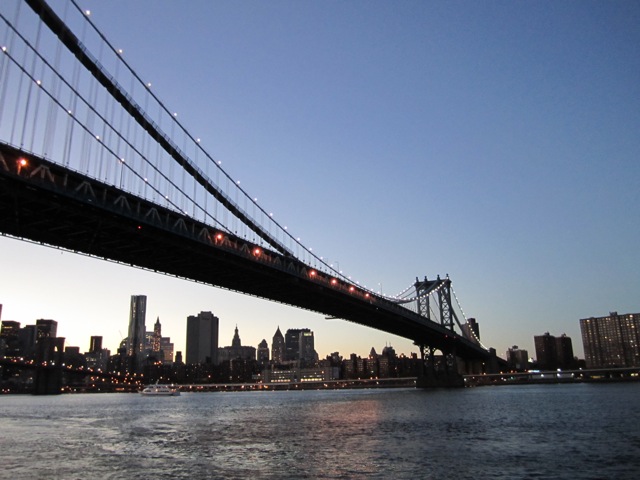This EXTREMELY METAL VIDEO shows the evolution of what is probably the world's most efficient Sim City: 6 million inhabitants and no congestion. It's got optimal population density, operates by subway alone, and has essentially beat an unbeatable game by lasting for 50,000 in-game years. The innovative gridding system that made all this possible was a year and a half in the making. Also if you go by the video, it was designed by Dethklok.
It wasn't really, though — it was designed by reportedly "normal dude" Vincent Ocasla. And he points out that there are a few down sides to building a maximally dense, maximally efficient urbanscape:
- It's boring. "Sims don’t need to travel long distances, because their workplace is just within walking distance. In fact they do not even need to leave their own block. Wherever they go it’s like going to the same place."
- Everyone's miserable. "Suffocating air pollution, high unemployment, no fire stations, schools, or hospitals, a regimented lifestyle — this is the price that these sims pay for living in the city with the highest population."
- Nobody lives past 50. "Health of the sims was not a priority, relative to the main objective. I could have enacted several health ordinances which would have increased the life expectancy, but I decided not to for practical reasons. It shows that by only focusing on one objective, one may end up neglecting, or resorting to sacrificing, other important elements."
- It requires a level of sadistic totalitarianism with which few are comfortable. "The ironic thing about it is the sims in Magnasanti tolerate it. They don’t rebel, or cause revolutions and social chaos. No one considers challenging the system by physical means since a hyper-efficient police state keeps them in line. They have all been successfully dumbed down, sickened with poor health, enslaved and mind-controlled just enough to keep this system going for thousands of years."
We're still big believers in density and efficiency, but this experiment in theoretical urbanism suggests we shouldn't get carried away.



